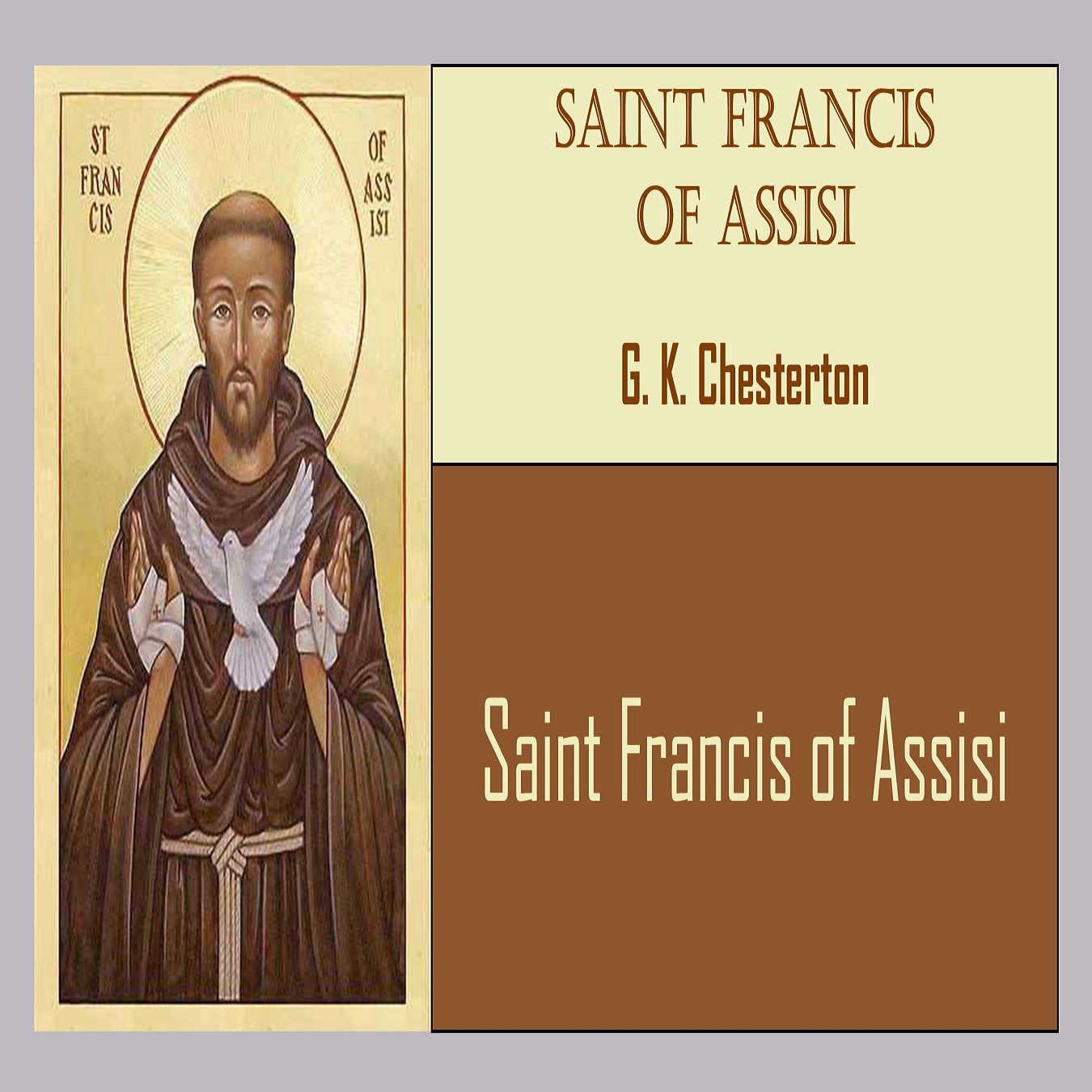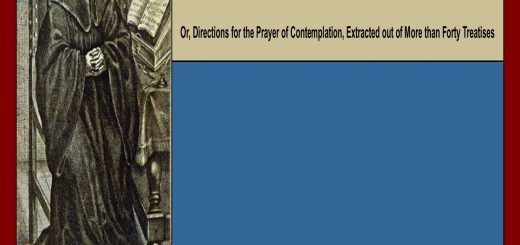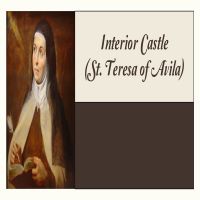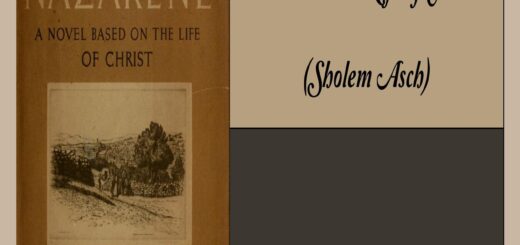Saint Francis of Assisi (G. K. Chesterton) audiobook

Francis of Assisi is, after Mary of Nazareth, perhaps the greatest saint in the Christian calendar, and one of the most influential men in the whole of human history. Saint Francis of Assisi (1181/1182 – October 3rd, 1226), was an Italian Catholic friar, deacon and preacher. He founded the men’s Order of Friars Minor, the women’s Order of Saint Clare, the Third Order of Saint Francis and the Custody of the Holy Land. Francis is one of the most venerated religious figures in history. By universal acclaim, this biography by G. K. Chesterton is considered the best appreciation of Francis’s life–the one that gets to the heart of the matter. For Chesterton, Francis is a great paradoxical figure, a man who loved women but vowed himself to chastity; an artist who loved the pleasures of the natural world as few have loved them, but vowed himself to the most austere poverty, stripping himself naked in the public square so all could see that he had renounced his worldly goods; a clown who stood on his head in order to see the world aright. Chesterton gives us Francis in his world-the riotously colorful world of the High Middle Ages, a world with more pageantry and romance than we have seen before or since. Here is the Francis who tried to end the Crusades by talking to the Saracens, and who interceded with the emperor on behalf of the birds. Here is the Francis who inspired a revolution in art that began with Giotto and a revolution in poetry that began with Dante. Here is the Francis who prayed and danced with pagan abandon, who talked to animals, who invented the creche.
Gilbert Keith Chesterton (1874 – 1936) was an English writer, philosopher, lay theologian, and literary and art critic. He wrote a hundred books, contributions to 200 more, hundreds of poems, five plays, five novels, and some two hundred short stories, including a popular series featuring the priest-detective, Father Brown. In spite of his literary accomplishments, he considered himself primarily a journalist. He wrote over 4000 newspaper essays, including 30 years worth of weekly columns for the Illustrated London News, and 13 years of weekly columns for the Daily News. He also edited his own newspaper, G.K.’s Weekly. Chesterton was equally at ease with literary and social criticism, history, politics, economics, philosophy, and theology. Chesterton routinely referred to himself as an orthodox Christian, and came to identify this position more and more with Catholicism, eventually converting to Roman Catholicism from high church Anglicanism. He has been referred to as the “prince of paradox”. Of his writing style, Time observed: “Whenever possible, Chesterton made his points with popular sayings, proverbs, allegories—first carefully turning them inside out.”
 Subscribe to kazzaville
Subscribe to kazzaville



